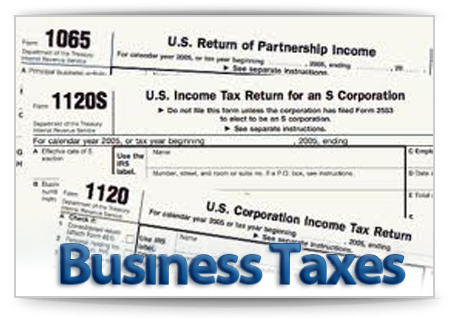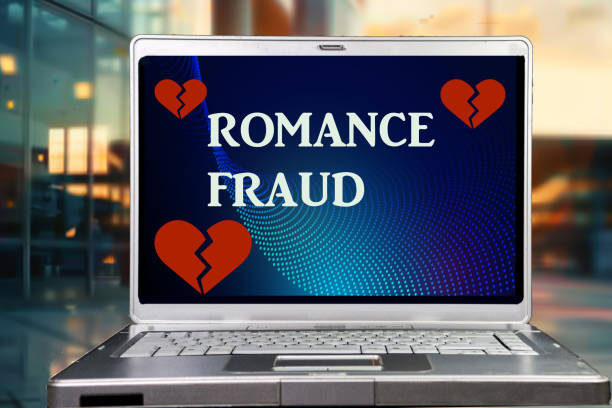Like a Social Security number, an Employer Identification Number (EIN) is a unique number assigned by the IRS to identify a business entity. However, unlike Social Security numbers, which stay with an individual for life, there are circumstances in which a business may need to get a new EIN.
But first, the basics: An EIN is a Taxpayer Identification Number (TIN) assigned to a business entity. Every EIN must be linked to an individual who serves as the “responsible party” — typically the owner, partner, or trustee. If this ownership or structure changes, a business may need to apply for a new EIN. It should be noted that technically, a business cannot change its EIN. Rather, it must apply for a new EIN.
The conditions that call for a new EIN are outlined by the IRS and are very specific. But generally speaking, if a business changes its name or location, it does not need a new EIN. But if a business changes its structure, it does need an EIN. Following are more detailed scenarios, depending on the business type.
Sole Proprietors: Sole proprietors must obtain a new EIN in the following circumstances:
- They are subject to a bankruptcy proceeding.
- They incorporate.
- They take in partners and operate as a partnership.
- They purchase or inherit an existing business that operated as a sole proprietorship.
Sole proprietors do not need a new EIN if they change the name of the business, change the business location or add other locations, or operate multiple businesses.
Corporations: Corporations must obtain a new EIN in the following circumstances:
- They receive a new charter from the secretary of state.
- They are a subsidiary of a corporation using the parent’s EIN or become a subsidiary of a corporation.
- They change to a partnership or a sole proprietorship.
- A new corporation is created after a statutory merger.
Corporations do not need a new EIN if they are a division of a corporation, use an existing EIN after a corporate merger, declare bankruptcy, change their name or location, choose to be taxed as an S corporation, reorganize with changes only to the identity or place, or convert at the state level with the business structure remaining unchanged.
Partnerships: Partnerships must obtain a new EIN in the following circumstances:
- They incorporate.
- The partnership is taken over by one of the partners and is operated as a sole proprietorship.
- They end an old partnership and begin a new one.
Partnerships do not need a new EIN if they declare bankruptcy, change their name, change the location of the partnership or add other locations, form a new partnership after termination of a partnership under IRC section 708(b)(1)(B), or if 50 percent or more of the ownership of the partnership (measured by interests in capital and profits) changes hands within a twelve-month period (terminated partnerships under Reg. 301.6109-1).
Limited Liability Companies (LLC): Because LLCs are entities created by state statute, they do not have distinct IRS tax classifications. Rather, they use existing classifications, such as corporations or partnerships. They can also be classified as a “disregarded entity,” that is, a single-member LLC that is not separate from its owner. If a “disregarded entity” is owned by an individual, it is treated as a sole proprietor. If the “disregarded entity” is owned by any other entity, it is treated as a branch or division of its owner.
LLCs are required to obtain a new EIN in the following circumstances:
- A new LLC with more than one owner (multi-member LLC) is formed under state law.
- A new LLC with one owner (single member LLC) is formed under state law and chooses to be taxed as a corporation or an S corporation.
- A new LLC with one owner (single member LLC) is formed under state law, and has an excise tax filing requirement for tax periods beginning on or after January 1, 2008 or an employment tax filing requirement for wages paid on or after January 1, 2009.
LLCs do not need to obtain a new EIN if it reports income tax as a branch or division of a corporation or other entity, and the LLC has no employees or excise tax liability; an existing partnership converts to an LLC classified as a partnership; the LLC name or location changes; an LLC that already has an EIN chooses to be taxed as a corporation or as an S corporation; or a new LLC with one owner (single member LLC) is formed under state law, does not choose to be taxed as a corporation or S corporation, and has no employees or excise tax liability.
It should be noted that EINs can be requested for banking or state tax purposes, but they are not required for federal tax purposes.
Securing a New EIN for a Client
Applying for a new EIN on behalf of a client can be done in a number of ways. The IRS has an online system that can walk users through the process. Or, the task can be outsourced to a reputable online business filing service, which can apply on behalf of clients.
In either case, third-party designees must first receive authorization from their clients to apply for and receive a new EIN on their behalf. A copy of the signed authorization form must be retained in their files.
Clients must also read and sign a statement that they understand they are authorizing the third party to apply for and receive their new EIN, and to answer questions about completion of the form. A copy of the signed statement must also be retained in their files.
Businesses go through many changes throughout the course of their existence. It’s important to become familiar with the many rules and regulations that govern these changes with regards to tax implications. Doing so ensures your client’s business undergoes a smooth — and legal — transition.
===
Nellie Akalp is a passionate entrepreneur, small business advocate and mother of four children. She devotes her time to not only building out her flourishing small business helping other entrepreneurs succeed, but also spends time packing lunches, checking homework, and changing diapers.
Nellie has perfected the balance of being a mom, the CEO of CorpNet.com, and maintaining a healthy relationship with her husband and business partner of 14 years. Through their various business ventures together, Nellie has formed more than 100,000 corporations and LLCs across the U.S.
Thanks for reading CPA Practice Advisor!
Subscribe Already registered? Log In
Need more information? Read the FAQs





